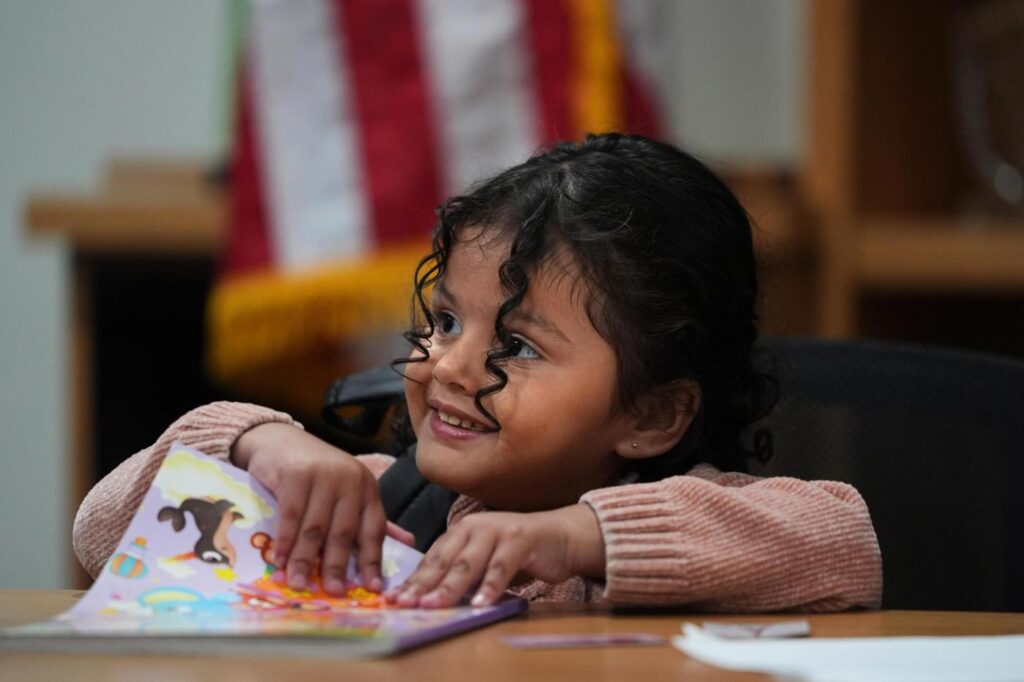
The family of a 4-year-old Mexican girl being treated for a life-threatening illness was granted a reprieve from possible deportation Tuesday, with the federal government granting the family “humanitarian parole” allowing them to remain in the country for another year.
The girl, who was identified only as Sofia to protect her identity, suffers from a condition known as short bowel syndrome, requiring her to receive nutrition intravenously because she is unable to ingest it on her own. Attorneys for the family say any interruption in her medical care, even for a brief period of time, will be fatal.
“The doctors at (Children’s Hospital Los Angeles) have said that if the child’s treatment is interrupted, she will die within days,” attorney Gina Amato Lough said last week as the family pleaded for assistance to remain in the country. “It’s not speculative. Their language is not that she could die within days. It’s that she will die within days.”
The girl’s family was given temporary permission to enter the United States in 2023 — during the Biden Administration — on humanitarian grounds so Sofia could receive critical medical care.
According to attorneys at Public Counsel, the Trump Administration in April revoked the family’s humanitarian admission to the country and ordered them to self-deport. Following through on policies Donald Trump expressed during his campaign, his administration has been engaged in a nationwide crackdown on immigrants living in the country illegally, demanding they register online and leave the country voluntarily — potentially allowing them to return through legal channels — or face deportation with no hope of returning.
On Tuesday, the family received a letter from U.S. Citizenship and Immigration Services advising them that they had been granted humanitarian parole “for a period of one year.”
Related Articles
Federal officers in tactical gear went into a Latino community in Minneapolis. A protest followed
Republicans target Nashville’s mayor for his response to immigration arrests
Newark mayor sues New Jersey’s top federal prosecutor after arrest at immigration detention site
Supreme Court to hear private prison company appeal in suit over immigration detainee $1-a-day wages
Judge blocks administration from revoking protected status for small subset of Venezuelans
According to attorneys, Sofia was born one month premature and underwent multiple surgeries as an infant, but she was left with short bowels and plagued by repeated infections. When the family was able to enter the United States, Sofia was initially treated in San Diego before being moved to CHLA.
With Sofia’s condition vastly improved, the family settled in Bakersfield, with Vargas working at a restaurant, but her work authorization in the United States was also revoked.
The family told the Los Angeles Times the girl spends 14 hours a night hooked up to an intravenous feeding system, which she also carries with her in a backpack. She also requires additional IV feedings throughout the day, and receives treatment at CHLA every six weeks.
A GoFundMe page created to raise money for Sofia’s treatment had raised more than $41,500 as of Tuesday afternoon.
